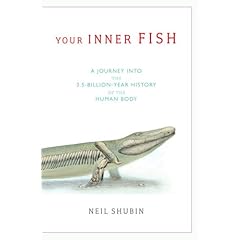Weekend in HH
Hamburg: The Port City
I spent the weekend in HH and got to hang out with Michal, a new friend who is also an artist in training. He took some photos of me just after Christmas and included them in an exhibition that is on right now at Cafe Gnosa. The exhibit is titled Intimate Portraits (by Michal Glazik), here is an advert:
It's a small collection of portraits and I'm pretty excited to be part of it. Michal gave me copies of my pix- I will try to post something in the next days.
I also got to see Tobi, a friend from Köln. We had an interesting discussion about "Business Intelligence" (read data mining). The parallels between market research and the life sciences are interesting. Both think about how to make sense of very large data sets and like to build models for how things will behave. Somehow I think the biologists have a clear advantage. The huge amounts of data we collect are biased by the methodology, of course, and nobody denies that. Indeed, one need to make that very clear so that the data can be better understood. Then the questions we ask of the data are in the hopes of uncovering very interesting phenomena. On the other hand market research is mostly begot from surveys, a science that has benefited from years of experience, but which is still oft poorly executed. The data is only as good as the assay. And alghough those that are conducted well provide more specific information, I am not convinced that people can ask questions that generate unintuitive answers.
As an example. A very bio-eco friendly hotel chain in Sweden, that Tobi has experience with, has a hotel restaurant concept. The problem was how to get everyone to eat at the restaurant? It turned out that the 20-somethings were not interested in staying in the hotel to eat and so the hotel launched a collaboration with a restaurant chain that visitors of the hotel can eat at- everybody's happy! But I couldn't help thinking that this is an intuitive conclusion. All one needs to do is actually spend some time in their own hotel restaurant and see that the 20 somtehings are not eating there. The collaboration-friendly restaurant is actually also a chain and is found in most cities where the Bio hotel is. I would make the leap and suggest that this restaurant chain markets itself to 20-somethings. It only takes an intelligent employee to put two and two together. Tobi refers to this as the trigger that the market research sets off. As large data sets in Biology also sets off triggers (think microarray data or even the large modifier screens in Drosophila), nobody could have predicted the outcome of those experiments and the triggers are inherently nonintuitive- that's precisely why they are so exciting. Maybe I need to consulate companies about marketing and high-thoroughput experiments in the future :)









